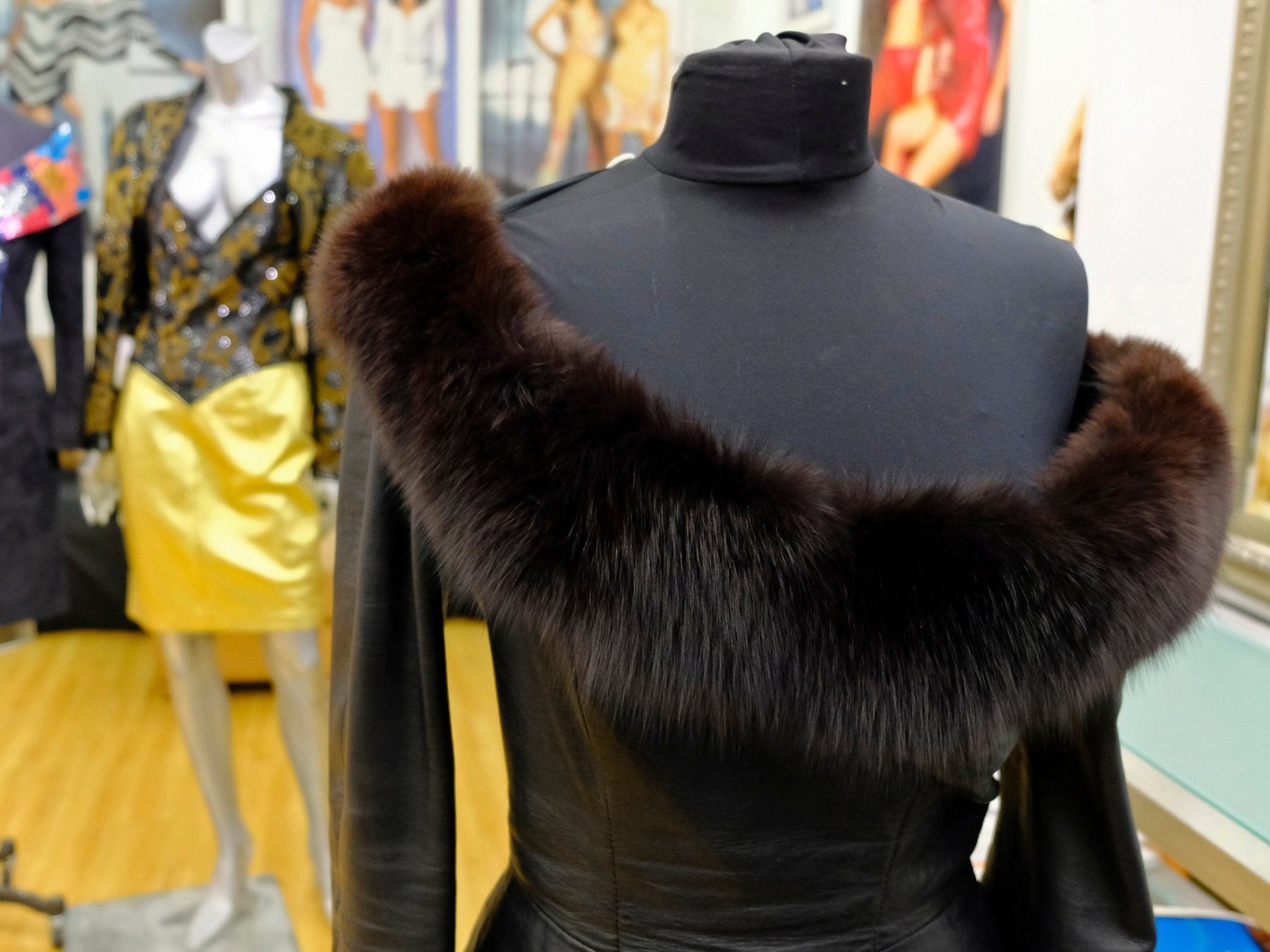Los Angeles fur ban: Where else in the world is fox, mink and sable prohibited?
City of Angels becomes world's biggest to outlaw controversial fashion items

Your support helps us to tell the story
From reproductive rights to climate change to Big Tech, The Independent is on the ground when the story is developing. Whether it's investigating the financials of Elon Musk's pro-Trump PAC or producing our latest documentary, 'The A Word', which shines a light on the American women fighting for reproductive rights, we know how important it is to parse out the facts from the messaging.
At such a critical moment in US history, we need reporters on the ground. Your donation allows us to keep sending journalists to speak to both sides of the story.
The Independent is trusted by Americans across the entire political spectrum. And unlike many other quality news outlets, we choose not to lock Americans out of our reporting and analysis with paywalls. We believe quality journalism should be available to everyone, paid for by those who can afford it.
Your support makes all the difference.Los Angeles City Council has voted unanimously to ban the sale of fur clothing.
The city's attorney will now draft legislation outlining the prohibition of fox, mink, sable and chinchilla coats and stoles, making LA the largest city in the world to take such steps, following San Francisco's decision to do likewise in March this year and West Hollywood in 2013.
“If we can do it here, we can do it anywhere,” said councillor Paul Koretz, who sponsored the animal rights initiative.
“We hope that New York City and Chicago and Miami are all watching.”
Given the City of Angels’ reputation as an influential fashion mecca, activists are optimistic other major regional centres will follow its example and outlaw a practice they consider deeply inhumane.
Britain banned fur farming in 2000 and EU law prohibits the sale of fur products derived from cats, dogs and seals. The import of fox and rabbit furs is still legal, however, and organisations like Fur Free Britain have appealed to MPs to change the law.
In continental Europe, fur farming is currently banned in Denmark, Austria, Slovenia, Macedonia and Croatia and bans on pelt production are incoming over the course of the next 11 years in Belgium, the Netherlands, Luxembourg, Norway, the Czech Republic, Serbia and Bosnia and Herzegovina, according to the Free Fur Alliance.
Norway was once the world's biggest producer of fox furs, with 20,000 farms in operation just prior to the Second World War. It now accounts for just 3 per cent of the global total, compared to China's 69 per cent.
It is still a £46.7m a year industry, however, employing 400 people and the decision to implement a ban by 2025 proved highly contentious.
Germany, Spain, Switzerland and Sweden have pledged to phase out fur farming through tighter restrictions and increased animal welfare requirements while Poland will debate the future of the industry in parliament.
Further afield, New Zealand introduced a ban on mink imports in 2013 and India followed that example in 2017, prohibiting mink, fox and chinchilla imports.
Japan has also phased out fur farming since 2016 when its last such business was closed down due to a failure to comply with regulatory demands.
Sao Paolo in Brazil also introduced a major ban on the import and sale of fur in 2015, following on from a fur farming ban statewide in 2014; no small gesture given the country's position as one of the world's biggest producers of chinchilla fur.
Among the world's leading fashion houses, Armani, Burberry, Gucci and Michael Kors have all pledged to move away from using fur out of respect for customers' animal welfare concerns.
Join our commenting forum
Join thought-provoking conversations, follow other Independent readers and see their replies
Comments